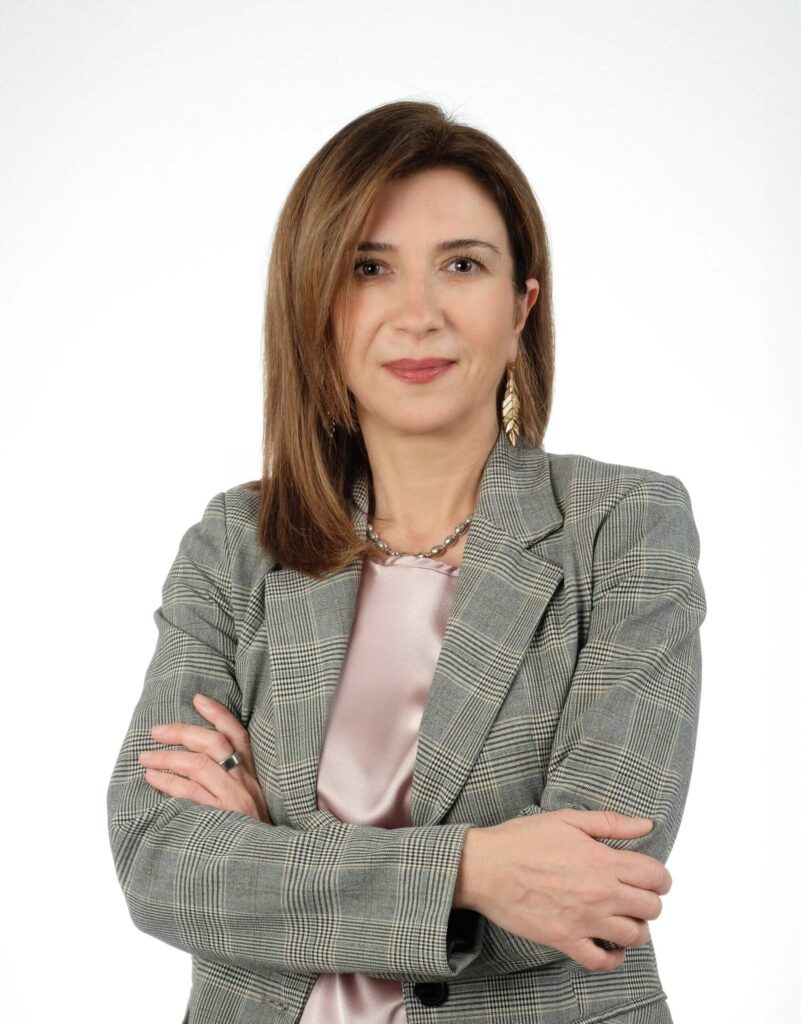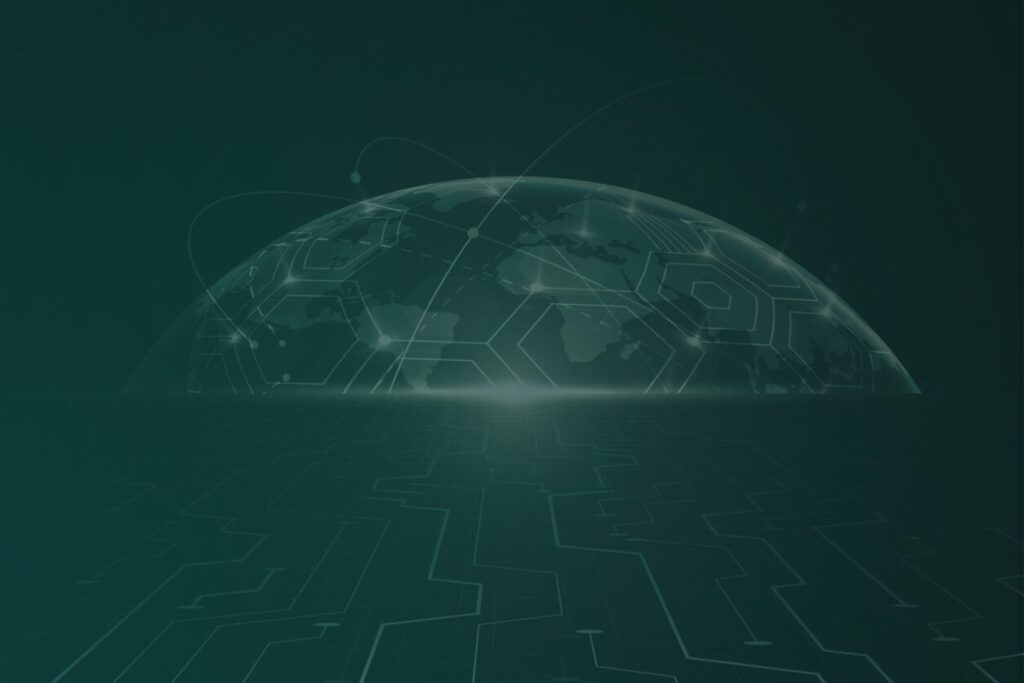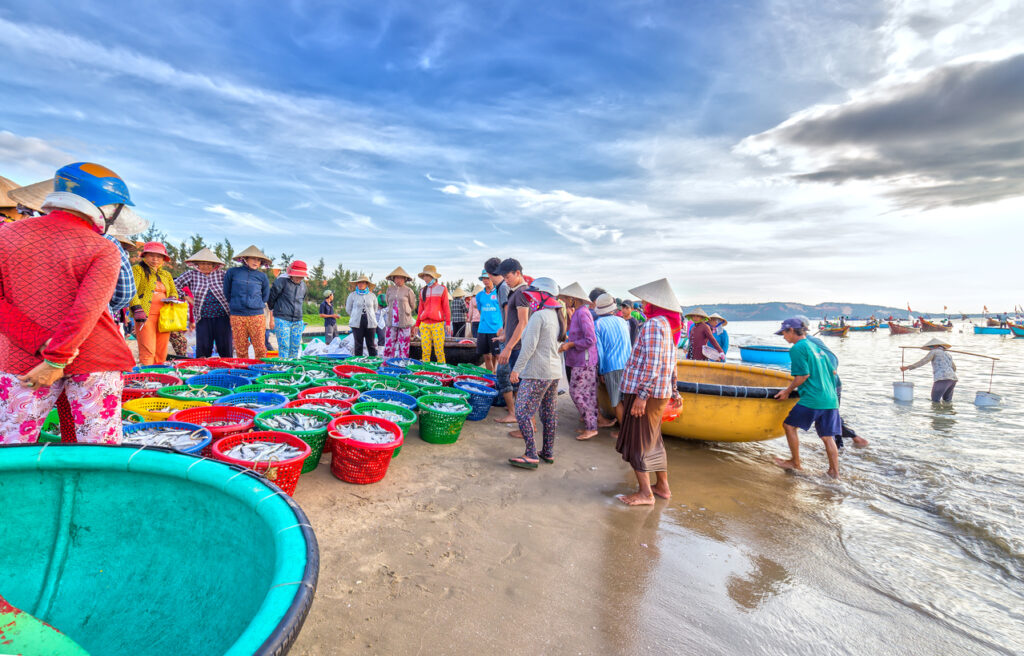The financial inclusion community is vast and diverse. From supporting smallholder farmers to advancing digital public infrastructure, our work takes many forms. Some in our sector focus on consumer protection, others on fintech innovation or regulatory policy. But in a world as interconnected and fast-moving as ours, none of our work exists in isolation.
For over a decade, Financial Inclusion Week (FIW) has served as an annual global gathering point for practitioners, technical specialists, policymakers, regulators, and other key actors advancing inclusive finance. It has been a space to share learnings, elevate new ideas, and foster collaboration across sectors and geographies. This year, FIW 2025 comes at a moment of growing uncertainty. Geopolitical instability, economic volatility, climate disruptions, and rapid technological change are all impacting our work, our communities and our lives.
This is why this year’s theme “Building Resilience and Well-being During Rising Uncertainties” could not be more timely or more urgent. It is an invitation to step out of our individual silos and look together at the big picture. What are the external forces, whether climate shocks, shifts in the funding landscape, or growing global inequality, that are changing our work? What progress have we made, and what will it take to keep moving forward when the last mile continues to be the hardest?
What the Data Tells Us About Resilience
The release of the 2025 Global Findex Report offers both hope and a reality check. While we’ve made progress in expanding access to financial services, we are reminded that access alone is not enough, especially for the millions of low-income people around the world still facing risks that threaten their financial and physical well-being. Despite overall gains in digital financial inclusion, especially through mobile technology, the data shows persistent gender gaps, income-based disparities, and questions about whether financial access translates into long-term financial resilience.
One in four adults globally experienced a natural disaster in the past three years, and two-thirds of them lost income or assets as a result. These shocks are happening more often and hitting the most vulnerable the hardest, demanding solutions and policies to help them better prepare and manage. Financial services providers have an opportunity to invest in better understanding consumer lives as a way to inform the design and delivery of their products and services. In research conducted by CFI, with the support of the Mastercard Center for Inclusive Growth, we found that half of 4,000 MSE owners surveyed across five cities had experienced significant disruptions in sales and operations due to extreme weather events. We also learned that climate shocks made them more likely to invest in adaptation, shedding light on an opportunity for financial service providers to serve their needs.
Building Sector Resilience in the Face of Funding Constraints
As we tackle the theme of resilience at FIW 2025, we need to look beyond how individuals or communities withstand or bounce back from crises and uncertainty. It’s also about the resilience of our own financial inclusion sector. Many of the institutions, researchers, and grassroots organizations that have been the backbone of this work for decades are facing growing pressures, particularly shrinking funding pipelines. In 2025, the international development funding landscape shifted dramatically with cuts by the United States and several other major funders, leading to an overall annual reduction in global aid projected at USD $40 – $60 billion. In this context, we have to recognize that the world has changed, and our strategies must change with it.
In an environment of constrained resources and heightened need, financial inclusion practitioners and funders will need sharper focus and greater collaboration. We must also invest in stronger evidence for our work so we can better understand what works, what doesn’t, and where there are hidden or underlying risks to consumers. And while we have a role to play, we must also be realistic. Achieving financial resilience depends on the success of interventions well beyond our scope; including from education and healthcare to well-designed infrastructure and social policy. Recognizing our own interdependencies can help us better align efforts to move collectively forward.
FIW 2025 will be a place to reflect on all this and our shared responsibilities. It is a space to ask the hard questions: What do organizations who are working closely with communities on-the-ground need from us? What role must funders – from impact investors to global philanthropies – play in this moment? How can we ensure financial services are truly inclusive and responsive to those who need them most? And how do we, as a community, support one another in the face of growing headwinds?
We are at a crossroads. And this is precisely why FIW 2025 has been redesigned with a focus on strengthening regional collaboration.
Exciting Changes at Financial Inclusion Week 2025
Last year marked the 10th anniversary of Financial Inclusion Week. We celebrated alongside 3,000 registered participants, engaging in 160 sessions organized by experts across the globe, continuing FIWs legacy as a truly community-driven event. This year, we build on this momentum as we start a new decade with the introduction of Financial Inclusion Week +, an expanded version of FIW designed to make our annual convening more inclusive, more regional-focused, and more collaborative.
One of the most significant developments is the introduction of regional partners across Africa, Asia, and Latin America. These partnerships deepen the global-local connection, ensuring that lived experience and local expertise shape not only the conversations we have but the solutions we pursue. These FIW+ partners will help curate regional agendas, drive greater local participation and perspectives, and host in-person gatherings.
FIW 2025 also features AI-powered live translation, making it easier than ever for individuals around the world to take part, whether as panelists or participants. These changes support accessibility, and they ultimately allow us to build stronger bridges across regions, cultures, and communities. Our agenda this year features nearly 200 live and on-demand sessions, covering a wide range of topics and featuring content across languages.
So as we prepare to gather this October, we encourage everyone in the financial inclusion ecosystem — whether you’re a practitioner, policymaker, funder, or fintech entrepreneur — to use this moment to pause and reflect. The challenges ahead are real and complex. But so is the potential for innovation, collaboration, and meaningful progress.
We must ensure that financial systems do more than just include people; they must empower them, protect them, and help them build the resilience they need to navigate what lies ahead. Financial Inclusion Week 2025 is more than a convening. It’s a catalyst. A checkpoint. A space to ask bold questions, challenge assumptions, share our successes as well as challenges, and recommit to a shared vision of financial systems that work for everyone. We invite you to register today and join the conversation.











